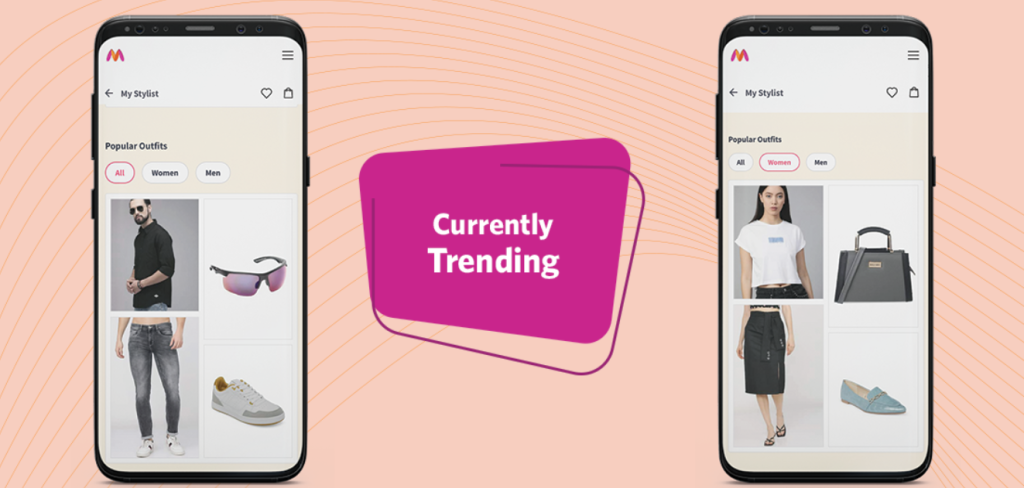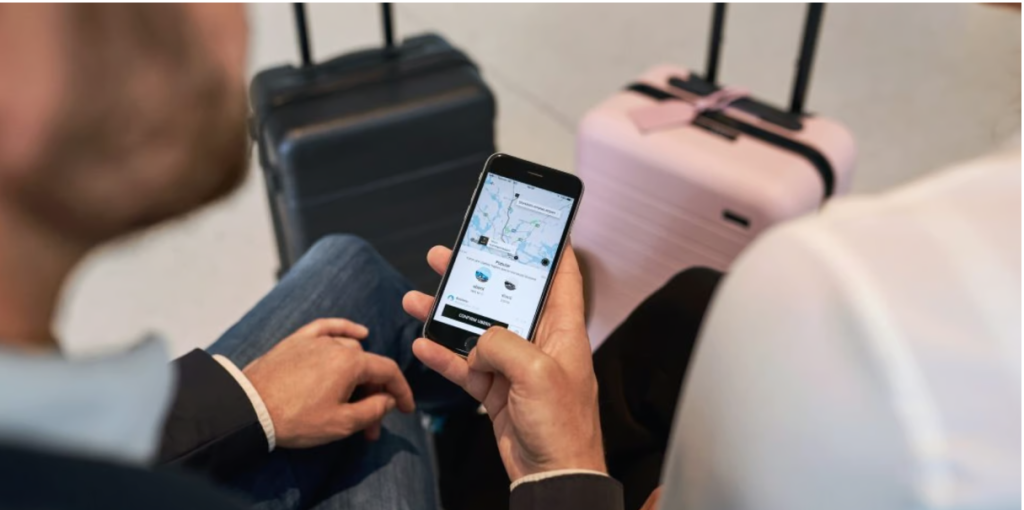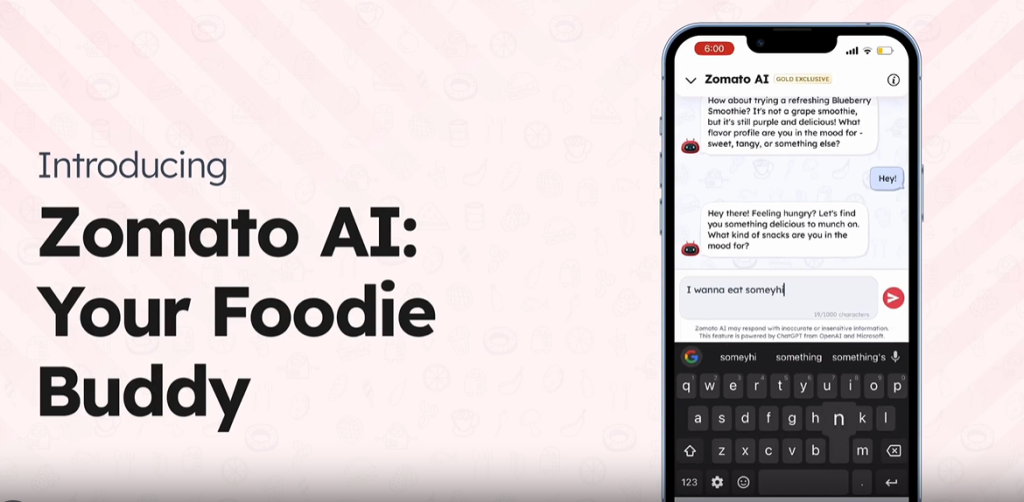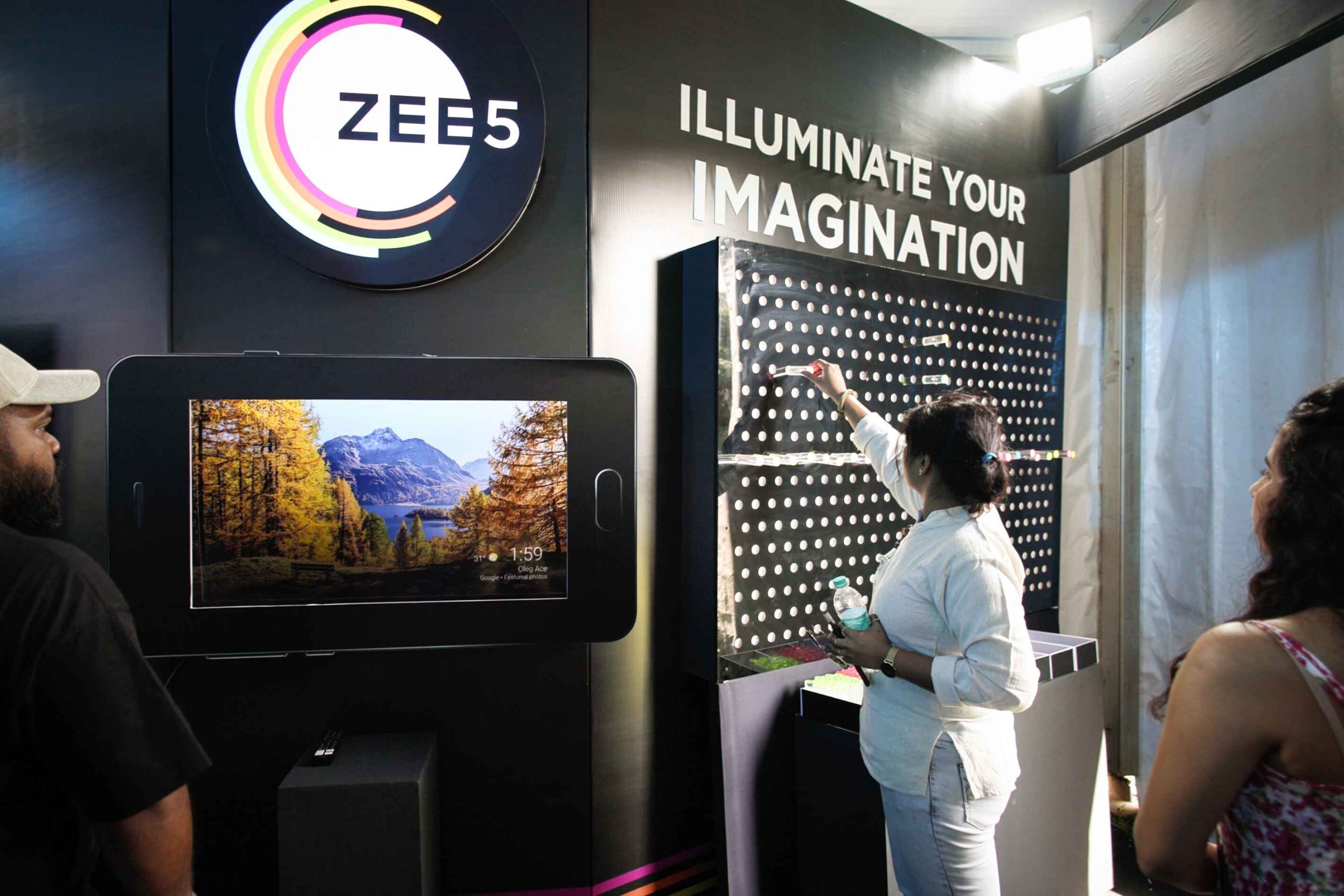Artificial Intelligence (AI) is revolutionising the customer experience (CX) landscape in India, offering unprecedented levels of personalisation. With AI-driven insights, businesses can now tailor their services to meet individual customer needs. Here’s how AI personalisation is changing the customer experience in India.
Enhanced retail experiences
In the retail sector, AI personalisation is transforming how consumers interact with brands. Companies like Myntra and Tata Cliq are leveraging AI to provide personalised shopping experiences.

They use AI to analyse the customer’s search and purchase history to offer tailored product recommendations and styling tips. This approach not only boosts sales but also increases customer engagement by making the shopping experience more relevant and enjoyable.
Also Read: Exploring Indian CSR Campaigns
Personalised financial services
The banking and financial services industry in India is also benefiting from AI personalisation. As per the research from McKinsey conducted in 2020, in global banking alone, AI technologies could potentially deliver up to $1 trillion of additional value each year.

AI-driven chatbots provide instant, personalised responses to customer queries, improving service efficiency and customer satisfaction. HDFC Bank, for example, uses AI chatbot EVA to analyse customer data and offer customised financial products. By tailoring financial advice and services to individual needs, banks are able to build and nurture stronger relationships with their clients.
Also Read: How AI Is Revolutionising Marketing In India
Dynamic pricing models
Dynamic pricing, powered by AI, is another area where personalisation is making a significant impact. Companies like Uber and various airlines in India use AI algorithms to adjust prices based on demand, time of day, and other factors.

This ensures competitive pricing while maximising revenue. For instance, Uber’s surge pricing model adjusts rates based on real-time demand and supply, providing a balanced approach to pricing that benefits both the company and its customers.
Also Read: How Creative Conflict Is Leveraged In Indian Advertising
Hyper-personalised marketing
Indian companies are increasingly using AI for hyper-personalised marketing. By analysing customer data, businesses can deliver highly targeted marketing messages. For example, food delivery apps like Zomato and Swiggy incorporate AI to send personalised food recommendations based on user preferences and past orders.

AI also helps these apps to differentiate between veg and non-veg meals, which led to Zomato creating an exclusive list of veg-only restaurants on the app. It makes interactions more relevant, which can improve the likelihood of purchase and enhance the overall customer experience.
Also Read: What Is The Future Of Esports In India?
Real-time customer support
AI-powered chatbots and virtual assistants are providing real-time, personalised customer support. Companies like Amazon and Flipkart have AI chatbots to handle customer inquiries and provide personalised assistance based on customer history and preferences.
Not just that, even big hotels like Marriott International use AI chatbots to streamline customer service. These AI systems help with problem resolutions that can lead to better customer satisfaction and retention.
Also Read: Ariel’s Share The Load Campaign: Evolution Over Years
Tailored experiences
In the travel and healthcare industries, AI personalisation is transforming customer experiences. For example, by analysing customer preferences and booking patterns, AI can suggest customised travel itineraries, accommodation options, and travel deals, improving the overall travel experience.
KOGO AI is a prime example of this, with a platform designed to handle real-world actions like booking tickets, making online payments, and setting reminders,this platform’s AI agents can eliminate many frustrating tasks travellers often face.

Similarly, in healthcare, AI helps in creating customised treatment plans and wellness recommendations based on individual patient data. According to a report by NASSCOM, the Indian healthcare AI industry will grow at an estimated CAGR of 40% by 2025.
AI technologies have empowered doctors, who are now transforming the healthcare system. These tools enable practitioners to address significant challenges, such as a shortage of medical expertise, limited access to rural care, diagnostic precision, patient care, and administrative tasks and enhance the overall patient experience.
Conclusion
By harnessing the power of AI, businesses can offer more relevant, engaging, and satisfying experiences to their customers. As AI technology continues to evolve, we can expect even more innovative applications that will further enhance the way companies interact with their customers.
At Melt, we had an engaging conversation about the future of AI tools with Amit Adarkar, CEO of IPSOS India. From security concerns, evolving attitude to IPSOS’ own AI, watch the video where he discusses it all.
